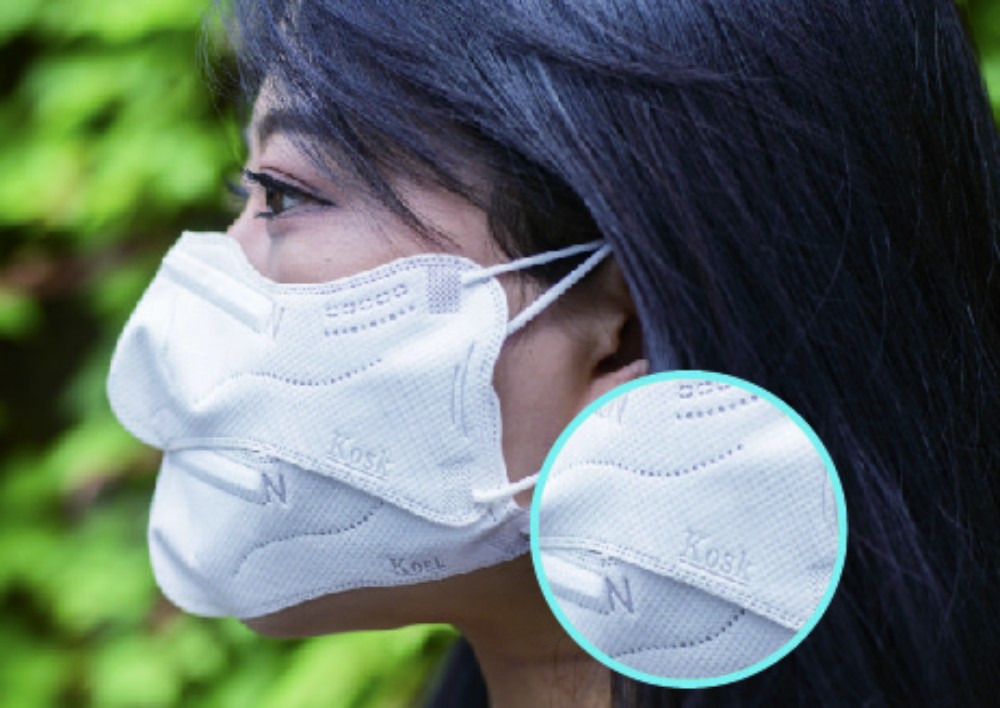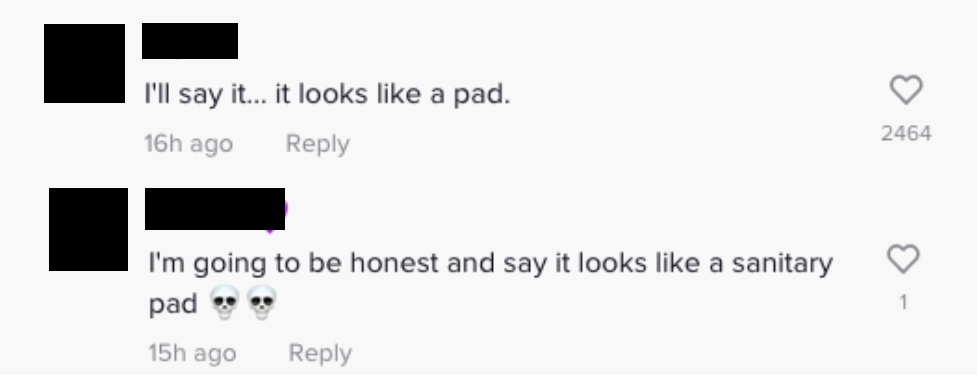Would you wear this nose-only mask? Netizens divided over South Korean trend

 PUBLISHED ONFebruary 04, 2022 12:33 PMBYMelissa Teo
PUBLISHED ONFebruary 04, 2022 12:33 PMBYMelissa Teo We've been wearing face masks for about two years now and since the start of the pandemic, we've gone through several iterations of face masks — from DIY ones to high-tech ones like Razer's air purifier mask.
And now, there's a mask trend that's got the internet buzzing.
Sold on South Korean e-commerce website Coupang, the Kosk, a portmanteau of the Korean word for nose, ko, and mask, is a mask that can be folded upwards to cover the nose when one eats.
The logic behind it is to help people keep their noses covered while eating or drinking indoors rather than going maskless.
While the Kosk appears to have gone on sale as early as last November, it has recently gained traction on social media and made international headlines.

The Kosk is currently available at a promotional price of 9,800 won (S$10.99) for a box of 10.
Given that it's been drummed into us to keep both nose and mouth covered while masked up, it's no surprise that many netizens expressed their skepticism.
[embed]https://twitter.com/ChairmanSam/status/1489210977723695105[/embed]

Others took issue with the design and bluntly said that the mask looks like a sanitary pad. Unfortunately, we can see the resemblance.

But on the other side of the spectrum, there are some who were sold on the idea.
[embed]https://twitter.com/chumunculus/status/1489057517191974912[/embed]

If you're curious to know what actual medical experts think of the Kosk, it appears the general consensus is that it doesn't really help much.
Speaking to American magazine Newsweek, Dr Stuart Ray, a professor of medicine at Johns Hopkins University explained, "Without compelling evidence, I am not confident it would reduce risk much at all, unless people were carefully trained and monitored to breathe nasally while eating — which seems both unlikely and unsustainable."
Professor Catherine Bennett, the chair in epidemiology at Deakin University's Institute for Health Transformation, also told Australian website 9News that the Kosk was a "strange idea" and would only make "a marginal difference" when it came to Covid-19 prevention as the wearer would still be able to catch the virus via the mouth.
melissateo@asiaone.com